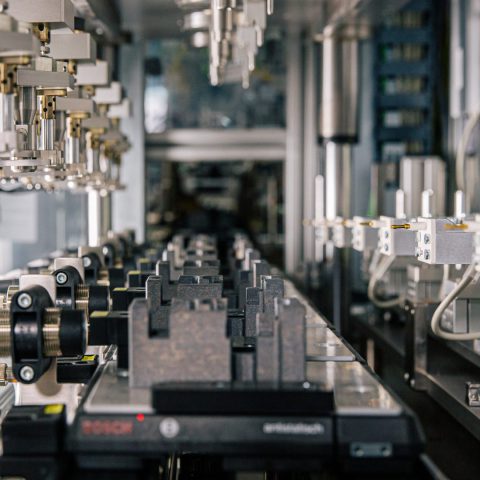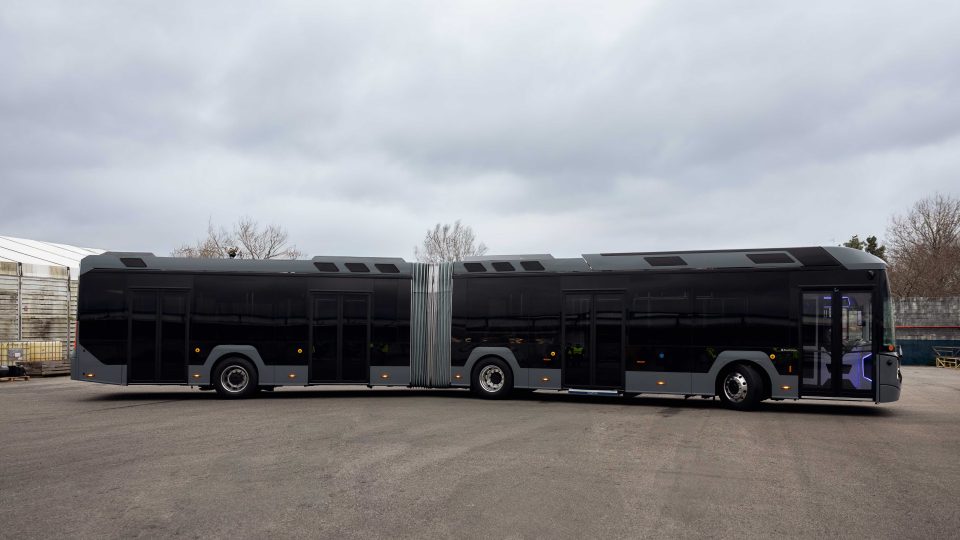It looks like battery pack prices have peaked, Interact Analysis says
Below, a contribution by Jamie Fox, Interact Analysis Battery pack prices have fallen tremendously over the years with today’s prices a fraction of where they used to be. However, this trend reversed in 2021 and 2022 due to issues around COVID, the Ukraine war, raw material prices, supply chain issues, and other concerns. In 2021 […]

Below, a contribution by Jamie Fox, Interact Analysis
Battery pack prices have fallen tremendously over the years with today’s prices a fraction of where they used to be.
However, this trend reversed in 2021 and 2022 due to issues around COVID, the Ukraine war, raw material prices, supply chain issues, and other concerns.
In 2021 we saw NMC battery pack prices of $253/kWh in buses, 2% higher than 2020. Our report in the second half of 2022 projected a 6% increase in 2022, bringing the total cost to $269/kWh. This figure is from our 2022 report that did not have final 2022 data. More recent conversations have suggested that the reality may have been higher, probably nearer $278/kWh, although there is significant variation due to various factors such as the strength of the customer relationship, the level of customization required, the size of the order, and other factors.
About increase in price of batteries
These NMC prices exclude the value of BMS and thermal/cooling for the battery pack. LFP prices are slightly lower.
In the first quarter of this year, I’ve been working to understand the latest situation in battery pack prices which will affect both the onroad and offroad market, speaking to battery pack manufacturers, their OEM customers and others that track the battery pack pricing. I’ve been finding that this is a closely watched component, with many people actively tracking it and having an opinion on it. Of course, this makes sense given the high value of the battery pack in relation to other components.
So what will happen in 2023? There is a range of opinions with some seeing prices increasing and others seeing a decrease, but almost no-one is seeing large increases or decreases. There is less turbulence and things are calming. At the moment prices at the start of 2023 are similar to where they ended 2022, and it looks like we may have reached a plateau. At the moment the prices for battery packs at the start of 2023 are higher than at the start of 2022. More tentatively, we can perhaps expect the prices at the end of 2023 to be lower than the end of 2022. One factor driving the likely upcoming decrease is that prices of materials have already been falling.
Prices of batteries in 2023: a plateau?
It seems that we have reached a plateau for now which should eventually take a downwards turn before the end of the year. Overall prices for the full year 2023 should be very slightly higher than the average for the full calendar year 2022, or about the same, according to empirical research and opinions of experts.
A return to price declines would make sense. The market fundamentals do seem to point in that direction still. The market is still not yet a fully mature market with a lot of growth potential, increasing economies of scale, and Europe and the US incentivising battery production to catch up with China. Such a situation could potentially see a return to heavy price erosion over time.
However at the moment we are not yet seeing that. It seems we have not yet exited the period of high prices of the last couple of years, and likely it won’t be until 2024 before prices are firmly heading downward again. Granted, these are preliminary findings at this point as we haven’t recently completed a detailed report on it and it is a dynamic market. However, this is a useful interim update for now. A clearer picture should emerge in the second half of the year after the summer break.







